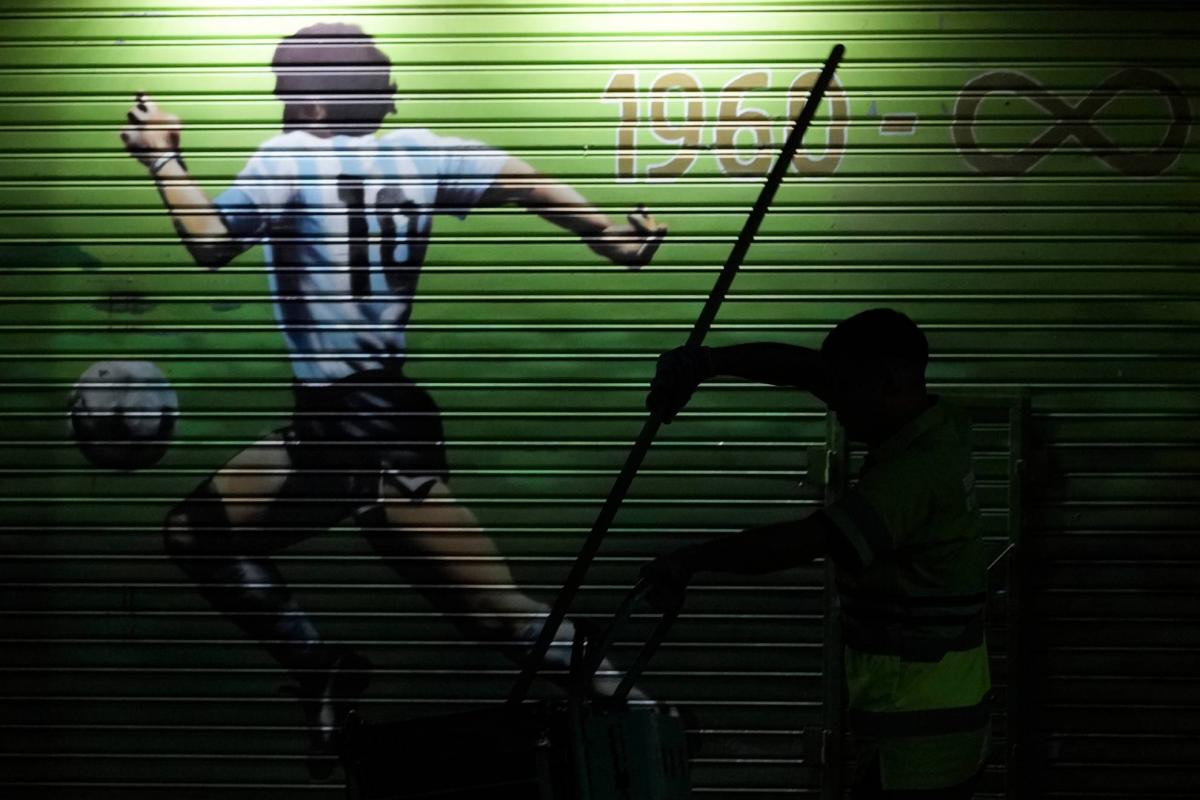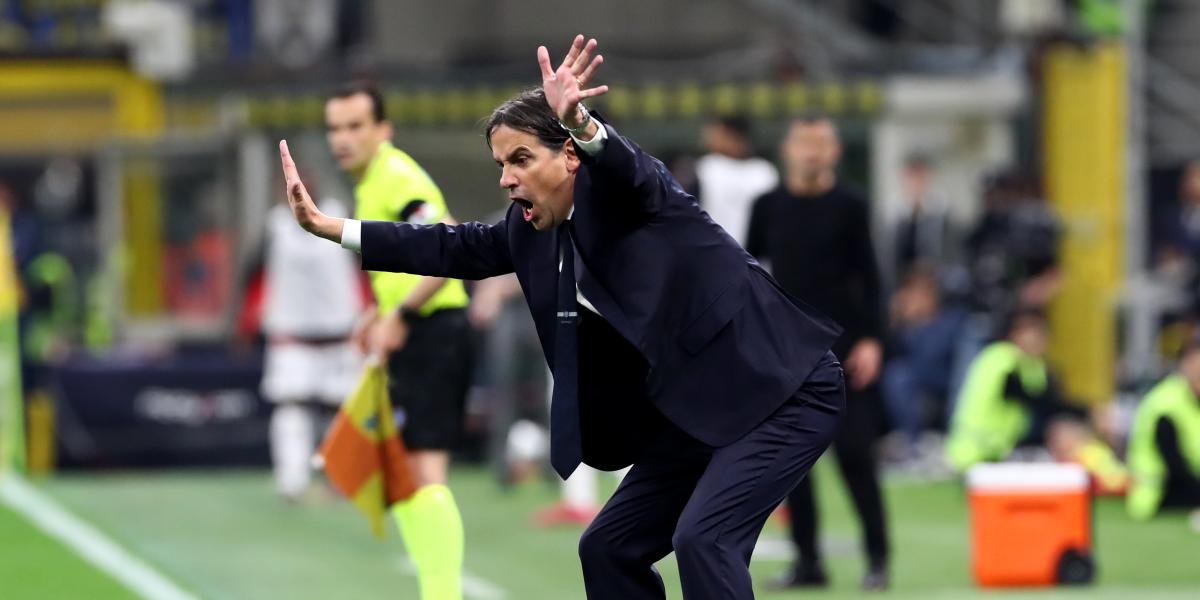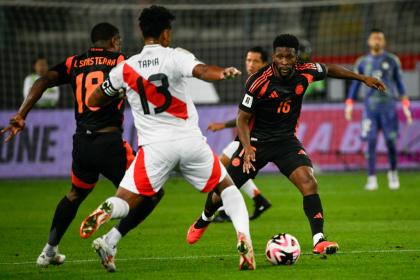Fernando VillarejoChief of Intensive Therapy of the Clinic where former soccer player Diego Armando Maradona was operated for the last time, he declared in the judgment for the death of the Argentine idol than the accused Leopold Luquehead of the team that treated the legendary athlete in his last days, prohibited the entry of doctors summoned to evaluate it after surgery.
“Luque prohibited the entry of doctors who were going to evaluate Maradona: Dr. Mario Schiter and a psychiatrist who had contacted the daughters and reached the clinic,” said Villarejo, therapist chief of the Olivos Clinic.
In that institution, Maradona underwent surgical intervention by a subdural bruise on the head on November 3, 2020 and remained admitted until the 11th of that month, date on which he was transferred to a private residence in the Tigre neighborhood, on the outskirts of Buenos Aires, in which he died two weeks later.
The professional He described that impediment as “strange and extemporaneous” And he explained that the specialists, who had been summoned by relatives to the former soccer player, sought to determine if Maradona had to be taken to a rehabilitation clinic.
In relation to the star of the star, Villarejo said that he presented “a neurological problem”, in addition to an abstinence picture, which, in his opinion, required a multidisciplinary approach and the entrance to a clinic.
This position was presented at a prior hearing of the trial by Mario Schiter himself, who declared on April 8 and showed his disagreement with the decision that Maradona continued his treatment in a domiliciary hospitalization.
Schiter was part of the medical team that in 2000 moved Maradona to Cuba and treated him there for severe heart problems derived from his consumption of psychoactive substances, until his recovery.
In his statement, the doctor denounced that, when he approached the Olivos Clinic to evaluate his former patient after the operation in the head, he was not allowed to access, but he was able to access his medical history, from which he extracted that the Argentine idol remained “a very complex patient with pluripatalogies of difficult control.”
In the subsequent meeting in which it was decided how to continue the treatment of Maradona, Schiter proposed to transfer his former patient to a rehabilitation clinic, but, after a pause, he was informed that he was going to “opt for home hospitalization.”
If they had let Maradona see him, “he would have told him,” said Schiter, adding: “I don't want to say that the story would have changed, but I would have made the attempt.”
The trial, which seeks to clarify whether seven health workers are guilty of simple homicide with eventual intent for Maradona's death, will continue on Thursday against Pablo Dimitroff, director of the Olivos Clinic, originally scheduled for this Tuesday but postponed for lack of time.
In addition to Luque, the psychiatrist Agustina Cosachov, the psychologist Carlos Díaz, the doctor and coordinator of the company Swiss Medical, Nancy Forlini, the doctor Pedro Di Spagna, the nursing coordinator Mariano Perroni and the nurse Ricardo Almirón and the nurse Ricardo Almirón are judged in this process.
Nurse Gisela Madrid is also prosecuted but will face a jury trial, as requested.
In this process, the judges of the Oral Criminal Court (TOC) No. 3 of San Isidro, Maximiliano Savarino, Verónica Di Tommaso and Julieta Makintach, must determine if seven of the eight defendants are guilty of the crime of simple homicide with eventual intent, which has a maximum penalty of 25 years in prison.


